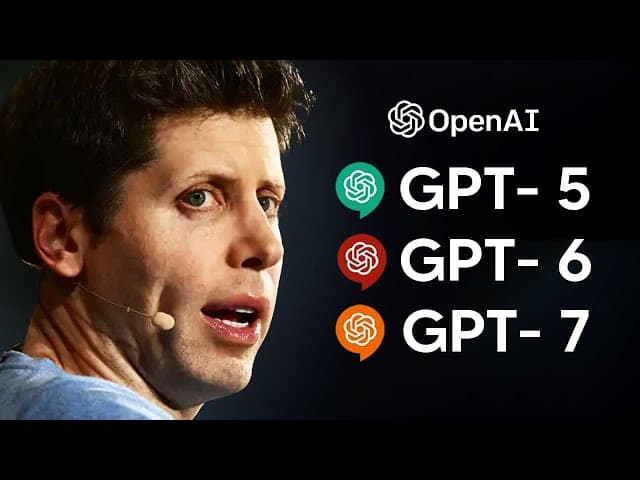OpenAI Confirms GPT-6 Not Expected in 2025, Shifts Focus to Integration Post-GPT-5 Debut

Rumors surrounding the imminent release of OpenAI's next-generation large language model, GPT-6, have been circulating on social media, with one user speculating a launch "potentially within 6 months or even sooner." However, OpenAI has officially clarified that GPT-6 will not be released in 2025, according to recent reports. The company's current strategic emphasis is on "integration, not just research," as noted in the widely shared tweet by "Chubby♨️."
This statement follows the August 2025 debut of GPT-5, which, despite high anticipation, received mixed reactions from users and critics. OpenAI CEO Sam Altman acknowledged a "rocky" launch for GPT-5, though he later expressed confidence in its advancements, particularly in specialized applications like scientific research and coding. Altman has consistently stated that "GPT-6 will be significantly better than GPT-5," underscoring the company's commitment to continuous improvement.
While a rapid succession of models might be expected, official communications indicate a more deliberate pace. OpenAI's only explicit statement regarding GPT-6's timeline came in mid-October 2025, confirming it would not ship this year. Industry analysts and insider summaries suggest that while GPT-6 is under internal development, a public deployment is likely "at least months away," with projections pointing towards late 2026 or early 2027.
The upcoming GPT-6 is anticipated to move beyond mere scale, focusing on enhanced utility through personalization, long-term memory, and more "agent-like" capabilities. These features aim to allow the AI to retain user context across sessions, perform multi-step tasks autonomously, and integrate seamlessly into various applications. This aligns with OpenAI's broader vision of evolving ChatGPT into a contextual operating layer rather than a standalone chatbot.
The extended development timeline also reflects OpenAI's increasing focus on safety and responsible AI deployment. Following the GPT-5 rollout, the company has reportedly expanded its safety alignment teams and engaged with external auditors for thorough evaluation. This commitment to transparency and reliability is a critical factor in the pacing of new model releases, ensuring that technological advancements are balanced with robust safety measures and privacy considerations.